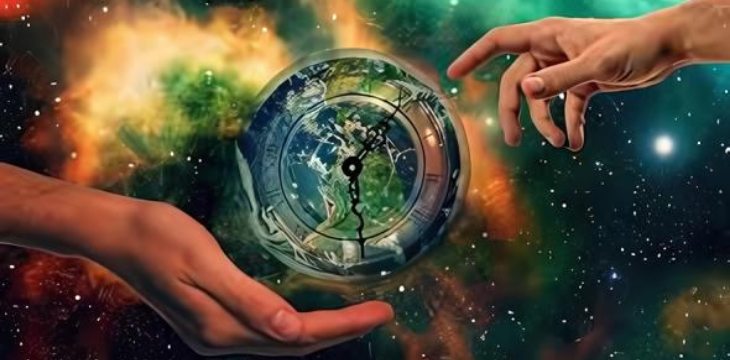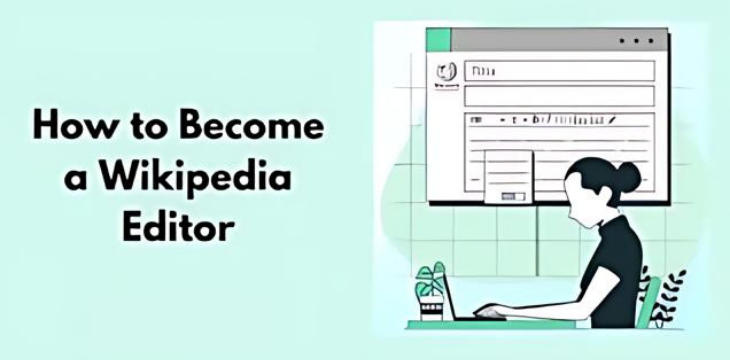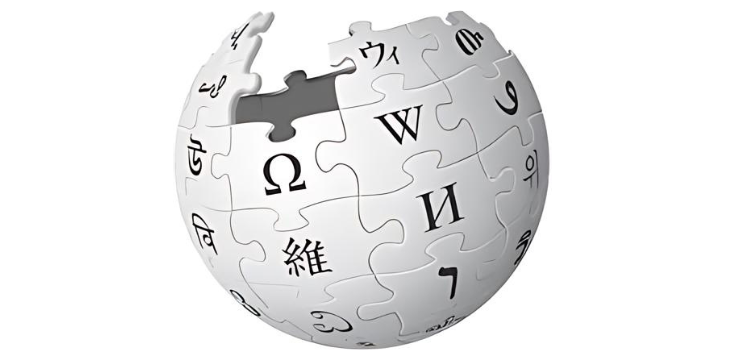Have you ever found yourself deep in the rabbit hole of the internet, chasing one fact after another, only to end up on Wikipedia? If so, you’re not alone! Wikipedia has become a staple of our online existence. This digital encyclopedia is often our go-to when we’re curious about the world, from the mundane to the mind-boggling. But have you ever wondered about the magic behind this global phenomenon? How did Wikipedia come to be, and what keeps it running smoothly day after day?
In this article, we’ll embark on a journey through Wikipedia’s history, its incredible impact, and what makes this virtual treasure trove tick. Buckle up—let’s explore the fascinating world of Wikipedia!
The Birth of Wikipedia: A Brief History
Wikipedia’s story is nothing short of remarkable. It all began in 2001 when Jimmy Wales and Larry Sanger decided to create a free and collaborative online encyclopedia. Their vision was bold: to build a knowledge base that anyone could edit and contribute to, without the usual barriers of traditional publishing. Little did they know, they were about to ignite a revolution in the way we access and share information.
The Early Days
- 2001: Wikipedia is launched. Initially, it was a supplement to the Nupedia project, a more traditional online encyclopedia.
- 2002: Wikipedia’s growth explodes as more and more people contribute.
- 2003: Wikipedia becomes one of the top 10 most visited websites.
The early success was driven by the sheer enthusiasm of contributors who saw Wikipedia as a chance to make a difference. With every article, Wikipedia grew richer and more diverse, reflecting the collective knowledge of people from all walks of life.
The Expansion and Evolution
- 2004: Wikipedia introduces a new feature, the “wiki” model, allowing for more dynamic and interactive content.
- 2005: The Wikipedia Foundation is established, providing the structure and support needed for its ongoing development.
- 2007: Wikipedia celebrates its millionth article.
Wikipedia wasn’t just growing in size; it was evolving in complexity and scope. The introduction of new features and tools made it easier for contributors to collaborate, while also ensuring that the content remained accurate and up-to-date.
How Wikipedia Works: The Inner Mechanics

You might be wondering, how exactly does Wikipedia manage to stay so up-to-date and comprehensive? It’s not magic—it’s a combination of technology and human effort.
The Power of Collaboration
One of Wikipedia’s greatest strengths is its collaborative nature. Unlike traditional encyclopedias, Wikipedia is a living document, constantly updated by contributors from around the globe. This crowd-sourced approach means that the encyclopedia benefits from a diverse range of perspectives and expertise.
- Editing: Anyone can edit Wikipedia articles. This open editing policy encourages the contribution of new information and corrections.
- Reviewing: Changes made to articles are reviewed by other editors to ensure accuracy and reliability.
- Talk Pages: Each article has a “talk page” where editors can discuss potential changes and improvements.
The Role of Bots and Algorithms
While humans are the backbone of Wikipedia, technology plays a crucial role as well. Bots and algorithms help manage tasks that would be too tedious or time-consuming for humans.
- Bots: Automated programs perform routine tasks like fixing broken links or formatting issues.
- Algorithms: Help in monitoring edits and detecting potential vandalism.
Together, these tools help maintain Wikipedia’s quality and reliability, ensuring that users have access to accurate and current information.
The Impact of Wikipedia: A Cultural Phenomenon
Wikipedia’s influence extends far beyond the confines of the internet. It has become a significant cultural force, shaping how we access and share knowledge.
The Democratization of Information
Wikipedia has revolutionized access to information. Before its existence, accessing reliable information often required a subscription or purchase. Now, knowledge is freely available to anyone with an internet connection. This democratization of information has empowered individuals and communities worldwide.
- Global Reach: Wikipedia is available in over 300 languages.
- Educational Tool: It’s widely used in classrooms and research projects.
The Rise of Citizen Journalism
Wikipedia has also played a role in the rise of citizen journalism. Ordinary people can now document events and share information in real-time, contributing to a more diverse and comprehensive record of current events.
- Real-Time Updates: Wikipedia articles can be updated almost instantaneously.
- Diverse Perspectives: Contributions come from individuals with varied backgrounds and viewpoints.
Challenges and Criticisms: Navigating the Minefield

No system is without its flaws, and Wikipedia is no exception. Despite its many strengths, it faces several challenges and criticisms.
Accuracy and Reliability
One of the most common criticisms of Wikipedia’s is its accuracy. Because anyone can edit articles, there’s a risk of misinformation and biased content slipping through.
- Vandalism: Articles can be temporarily altered by malicious users.
- Bias: Some articles may reflect the biases of their contributors.
To combat these issues, Wikipedia has implemented various safeguards, including editorial review processes and a robust system for flagging and addressing inaccuracies.
The Volunteer-Based Model
While Wikipedia’s reliance on volunteers is a testament to its collaborative spirit, it also presents challenges. The quality and quantity of contributions can be uneven.
- Burnout: Dedicated editors may experience burnout due to the high demands of maintaining the site.
- Expertise: Not all topics receive the same level of expert attention.
The Wikipedia Foundation continues to explore ways to support and engage volunteers, ensuring that the encyclopedia remains a valuable resource.
How to Get Involved: Become a Wikipedia Contributor!

Ever thought about contributing to Wikipedia? It’s easier than you might think, and you don’t need to be an expert to get started. Here’s how you can dive in:
Getting Started
- Create an Account: While you can edit Wikipedia’s without an account, creating one gives you more credibility and access to additional features.
- Choose a Topic: Find a subject you’re passionate about. It could be anything from your favorite hobby to a local historical event.
- Start Editing: Begin by making small edits or adding information to existing articles.
Tips for New Contributors
- Do Your Research: Make sure your information is accurate and well-sourced.
- Be Neutral: Strive for a balanced perspective, especially on contentious topics.
- Engage with the Community: Use talk pages to communicate with other editors and seek feedback.
FAQs
What is Wikipedia?
Wikipedia is a free, web-based encyclopedia that anyone can edit. It aims to provide a comprehensive and reliable source of information on a wide range of topics.
How does Wikipedia ensure the accuracy of its content?
Wikipedia relies on a combination of community review, editorial oversight, and automated tools to maintain accuracy. However, due to its open editing model, it’s always a good idea to cross-check information with other reliable sources.
Can anyone edit Wikipedia?
Yes! Wikipedia’s open editing model allows anyone with internet access to contribute. However, contributions are subject to review by other editors.
How can I support Wikipedia?
You can support Wikipedia by contributing articles, making edits, or donating to the Wikimedia Foundation, which helps fund the site.
Conclusion
Wikipedia is more than just a vast repository of knowledge—it’s a testament to the power of collaboration and the democratization of information. From its humble beginnings to its current status as a global information hub, Wikipedia’s has transformed the way we learn and share knowledge.
Whether you’re a casual reader or a dedicated contributor, Wikipedia’s offers something for everyone. So next time you find yourself navigating the endless sea of information, remember that behind every article is a world of collective effort, passion, and curiosity.

